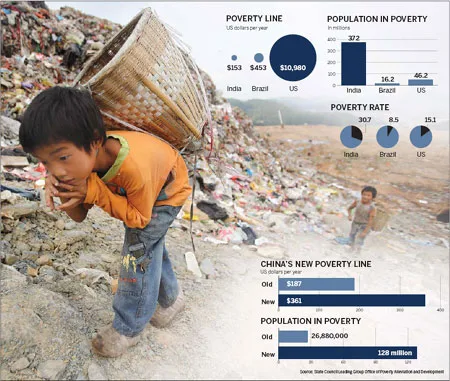China's INSANE Anti-America Campaign Exposed, Social and Economic Presipist
United States: Engages in diplomacy and international cooperation through alliances, treaties, and multilateral organizations. While the U.S. has faced criticism for its foreign policies, it also plays a leading role in global initiatives, such as promoting democracy, human rights, and economic development.
China: Pursues a foreign policy aimed at expanding its influence and protecting its national interests. China has become increasingly assertive on the international stage, engaging in economic diplomacy, infrastructure projects, and military modernization. It has faced scrutiny for its actions in areas such as territorial disputes in the South China Sea and its Belt and Road Initiative.
Certainly, let's delve further into the comparison between the United States and China, focusing specifically on their respective governance, human rights records, and international relations:
Governance
United States: Operates as a federal republic with a democratic system characterized by separation of powers, checks and balances, and regular elections. Decisions are made through a process of debate, compromise, and adherence to the rule of law.
China: Governed by the Chinese Communist Party (CCP) under a single-party system, with ultimate authority centralized within the party. While China has formal governmental structures, the CCP maintains control over all levels of government and key institutions.
Human Rights:
United States: Upholds human rights principles enshrined in its Constitution, including freedom of speech, assembly, and religion. While challenges exist, the U.S. has mechanisms for accountability, such as an independent judiciary and civil society organizations that advocate for human rights.
China: Faces criticism for its human rights record, including suppression of political dissent, censorship of media and the internet, and persecution of ethnic and religious minorities such as Uighurs and Tibetans. The Chinese government has been accused of arbitrary detention, forced labor, and other violations of human rights.
United States: Operates as a federal republic with a democratic system characterized by separation of powers, checks and balances, and regular elections. Decisions are made through a process of debate, compromise, and adherence to the rule of law.
China: Governed by the Chinese Communist Party (CCP) under a single-party system, with ultimate authority centralized within the party. While China has formal governmental structures, the CCP maintains control over all levels of government and key institutions.
Political Freedom: The United States offers greater political freedom and pluralism, with democratic institutions and mechanisms for political participation. In contrast, China is governed by a single-party regime with limited political competition and suppression of dissent.
Freedom of Expression: The United States guarantees freedom of expression as a fundamental right, allowing for open debate and criticism of the government. In China, freedom of expression is constrained by government censorship and repression of dissenting voices.
Economic System: While both countries have market-oriented economies, the United States emphasizes private enterprise and competition, whereas China's economy is characterized by state intervention and the dominance of state-owned enterprises, with the CCP exerting significant influence over economic decision-making.
Political System: China is governed by the Chinese Communist Party (CCP), which holds a monopoly on political power. While China has a constitution and formal governmental structures, the CCP exercises ultimate authority, and there is limited political pluralism. The party controls all levels of government and maintains strict control over political dissent.
Freedom of Expression: Freedom of expression in China is severely restricted. The government censors media, monitors internet activity, and suppresses dissenting opinions. Independent journalism is not tolerated, and individuals who speak out against the government face persecution, including imprisonment.
Economic System: China has a mixed economic system that combines elements of socialism and capitalism. While the state retains significant control over key industries and strategic sectors of the economy, there has been a gradual transition toward a more market-oriented economy since the late 20th century. However, the CCP maintains a strong influence over economic activity through state-owned enterprises and regulatory mechanisms.
- www.amorpolitica.com Contact Us Email to, hyperloopway@gmail.com
- AmorPolitica - All Rights Reserve 2024



Comments
Post a Comment